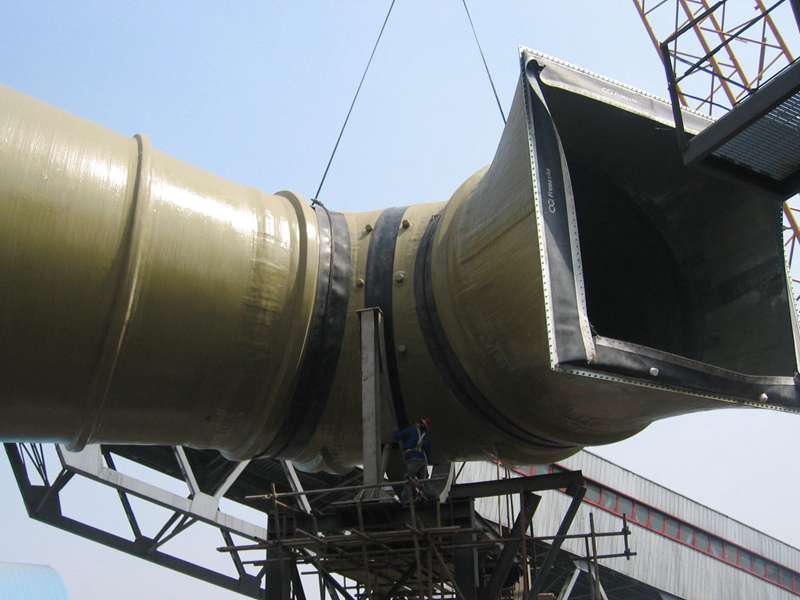
-
 Afrikaans
Afrikaans -
 Albanian
Albanian -
 Amharic
Amharic -
 Arabic
Arabic -
 Armenian
Armenian -
 Azerbaijani
Azerbaijani -
 Basque
Basque -
 Belarusian
Belarusian -
 Bengali
Bengali -
 Bosnian
Bosnian -
 Bulgarian
Bulgarian -
 Catalan
Catalan -
 Cebuano
Cebuano -
 China
China -
 China (Taiwan)
China (Taiwan) -
 Corsican
Corsican -
 Croatian
Croatian -
 Czech
Czech -
 Danish
Danish -
 Dutch
Dutch -
 English
English -
 Esperanto
Esperanto -
 Estonian
Estonian -
 Finnish
Finnish -
 French
French -
 Frisian
Frisian -
 Galician
Galician -
 Georgian
Georgian -
 German
German -
 Greek
Greek -
 Gujarati
Gujarati -
 Haitian Creole
Haitian Creole -
 hausa
hausa -
 hawaiian
hawaiian -
 Hebrew
Hebrew -
 Hindi
Hindi -
 Miao
Miao -
 Hungarian
Hungarian -
 Icelandic
Icelandic -
 igbo
igbo -
 Indonesian
Indonesian -
 irish
irish -
 Italian
Italian -
 Japanese
Japanese -
 Javanese
Javanese -
 Kannada
Kannada -
 kazakh
kazakh -
 Khmer
Khmer -
 Rwandese
Rwandese -
 Korean
Korean -
 Kurdish
Kurdish -
 Kyrgyz
Kyrgyz -
 Lao
Lao -
 Latin
Latin -
 Latvian
Latvian -
 Lithuanian
Lithuanian -
 Luxembourgish
Luxembourgish -
 Macedonian
Macedonian -
 Malgashi
Malgashi -
 Malay
Malay -
 Malayalam
Malayalam -
 Maltese
Maltese -
 Maori
Maori -
 Marathi
Marathi -
 Mongolian
Mongolian -
 Myanmar
Myanmar -
 Nepali
Nepali -
 Norwegian
Norwegian -
 Norwegian
Norwegian -
 Occitan
Occitan -
 Pashto
Pashto -
 Persian
Persian -
 Polish
Polish -
 Portuguese
Portuguese -
 Punjabi
Punjabi -
 Romanian
Romanian -
 Russian
Russian -
 Samoan
Samoan -
 Scottish Gaelic
Scottish Gaelic -
 Serbian
Serbian -
 Sesotho
Sesotho -
 Shona
Shona -
 Sindhi
Sindhi -
 Sinhala
Sinhala -
 Slovak
Slovak -
 Slovenian
Slovenian -
 Somali
Somali -
 Spanish
Spanish -
 Sundanese
Sundanese -
 Swahili
Swahili -
 Swedish
Swedish -
 Tagalog
Tagalog -
 Tajik
Tajik -
 Tamil
Tamil -
 Tatar
Tatar -
 Telugu
Telugu -
 Thai
Thai -
 Turkish
Turkish -
 Turkmen
Turkmen -
 Ukrainian
Ukrainian -
 Urdu
Urdu -
 Uighur
Uighur -
 Uzbek
Uzbek -
 Vietnamese
Vietnamese -
 Welsh
Welsh -
 Bantu
Bantu -
 Yiddish
Yiddish -
 Yoruba
Yoruba -
 Zulu
Zulu
frp pipes and fittings for ship building
FRP Pipes and Fittings for Shipbuilding A Comprehensive Overview
In the shipbuilding industry, the choice of materials is critical to ensure durability, strength, and resistance to harsh marine environments. Among the various options available, Fiberglass Reinforced Plastic (FRP) pipes and fittings have gained substantial popularity due to their superior properties and advantages.
Understanding FRP
Fiberglass Reinforced Plastic is a composite material made by combining fiberglass with resin, usually polyester or vinyl ester. This combination results in a material that boasts high tensile strength, corrosion resistance, and a relatively low weight compared to traditional materials like steel and cast iron. The lightweight nature of FRP makes it easier to handle and install, which is particularly advantageous in shipbuilding where every kilogram matters.
Advantages of Using FRP in Shipbuilding
1. Corrosion Resistance One of the most significant benefits of FRP is its remarkable resistance to corrosion, especially against saltwater, chemicals, and varying temperatures. This property ensures that the integrity of the pipes and fittings is maintained over time, reducing the need for frequent replacements and repairs. In contrast, metal components are often prone to rust and corrosion, leading to higher maintenance costs.
2. Weight Savings FRP is significantly lighter than traditional materials, which contributes to the overall weight reduction of a vessel. By using lighter materials, shipbuilders can enhance the vessel’s fuel efficiency and reduce operating costs. Moreover, lighter ships tend to have better speed and maneuverability.
3. Flexibility in Design The manufacturing process of FRP allows for a wide variety of shapes and sizes, enabling the creation of custom fittings tailored to specific ship requirements. This flexibility also allows for innovative designs that can optimize space and improve overall vessel performance.
frp pipes and fittings for ship building

4. Thermal Insulation FRP provides excellent thermal insulation, which can help in maintaining temperature-sensitive environments aboard ships. This property is particularly important for vessels that transport perishable goods or have specific operational temperature requirements.
5. Longevity and Reliability FRP products have a long service life, often exceeding 30 years under proper conditions. Their durability contributes to the overall reliability of marine structures and systems, which is crucial in an industry where safety and functionality are paramount.
Applications in Shipbuilding
FRP pipes and fittings are commonly used in various systems aboard ships, including
- Fuel and Oil Systems Due to its chemical resistance, FRP is an excellent choice for transporting fuel, oil, and other corrosive substances. - Water Systems Freshwater systems benefit from FRP due to its resistance to algae growth and biofouling. - Wastewater Systems The non-corrosive nature of FRP makes it ideal for sewage and wastewater applications, ensuring long-term service without degradation.
Conclusion
As the shipbuilding industry continues to evolve, the demand for high-performance materials like FRP pipes and fittings is expected to rise. Their numerous advantages, including corrosion resistance, weight savings, design flexibility, and long-term reliability, make them an ideal choice for modern maritime applications. By adopting FRP, shipbuilders can ensure the construction of vessels that are not only robust and efficient but also capable of withstanding the challenging conditions of the sea. The future of shipbuilding lies in advanced materials, and FRP is at the forefront of this transformation.









